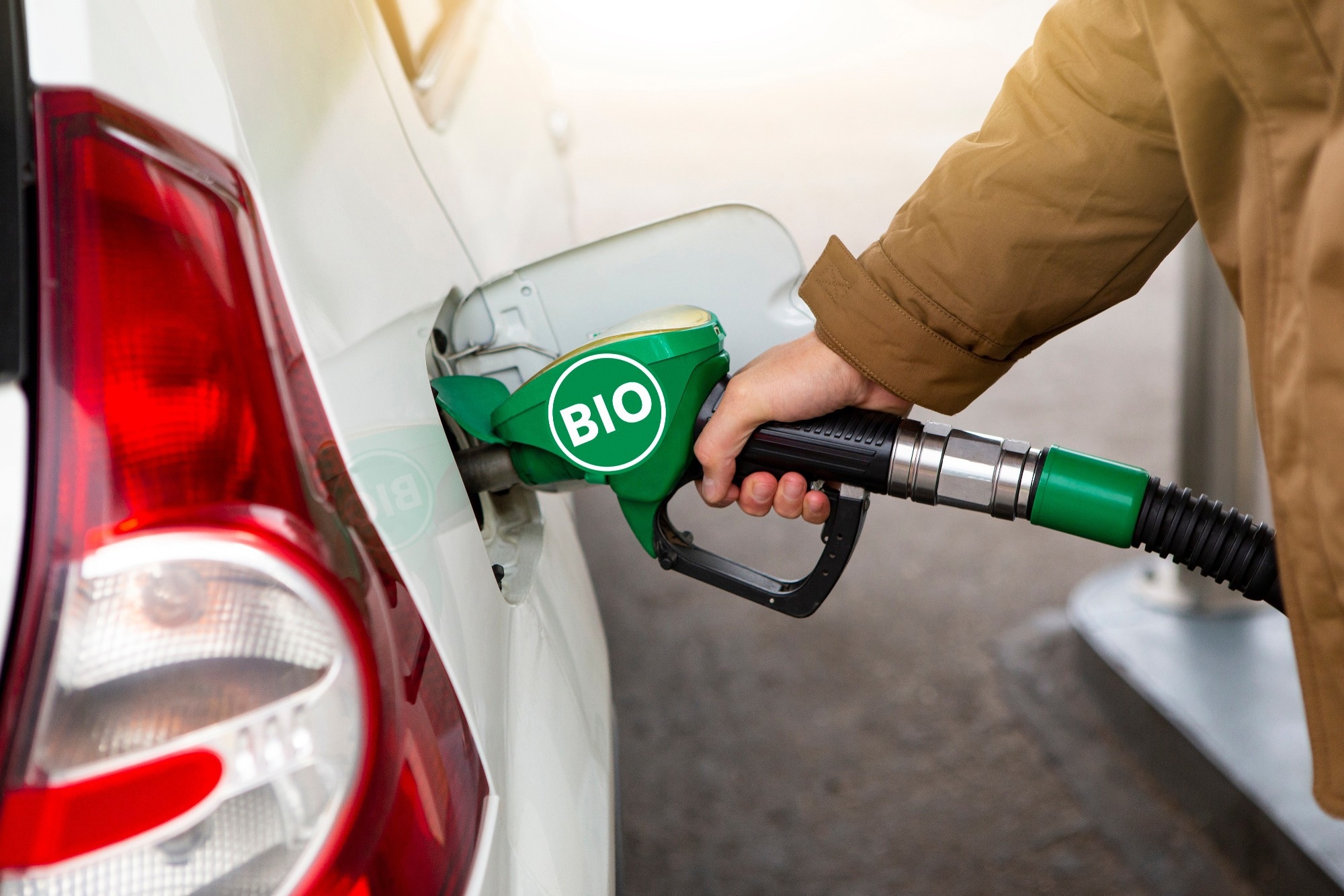With nearly 99 % yield in just 15 minutes, a novel catalyst sets a precedent for green fuel production.
 Study: Ultrafast Biodiesel Synthesis via K 2 CO3 -Supported Mg-Al Hydrotalcite Catalyst With Tailored Basicity and Mesoporous Structure. Image Credit: Scharfsinn/Shutterstock.com
Study: Ultrafast Biodiesel Synthesis via K 2 CO3 -Supported Mg-Al Hydrotalcite Catalyst With Tailored Basicity and Mesoporous Structure. Image Credit: Scharfsinn/Shutterstock.com
A new study in the Asia-Pacific Journal of Chemical Engineering reports the advancement, where researchers have developed a solid catalyst that results in a 98.79 % biodiesel yield in this time frame, substantially faster than conventional hydrotalcite-based systems.
The team, led by Jingdi Zheng and colleagues at Xi’an Shiyou University, optimized a Mg-Al hydrotalcite catalyst by carefully tuning its composition and structure.
Their approach involved co-precipitating various metal salts with basic compounds such as potassium carbonate (K2CO3), which was found to drastically improve the catalyst's activity, pore structure, and reusability.
Hydrotalcites, or layered double hydroxides, are widely studied as solid base catalysts for transesterification due to their tunable basicity and porous structure. However, traditional forms suffer from long reaction times and limited conversion efficiency, often requiring up to two hours for high yields.
Researchers have previously demonstrated that metal salt precursors, such as magnesium acetate, can expand interlayer spacing, increasing pore volume and enhancing access to active sites.
Separately, K2CO3 is known to enhance catalytic basicity, but its partial solubility in methanol has raised concerns about leaching and stability.
The new study addresses both challenges by integrating acetate-derived hydrotalcite frameworks with K2CO3 impregnation, forming a catalyst that combines high surface area, robust mesoporosity, and abundant active sites.
Catalyst Design and Characterization
The catalysts were synthesized via a co-precipitation method, using different metal salt precursors, acetate, chloride, and nitrate, and three types of precipitating agents: Na2CO3, K2CO3·Na2CO3, and K2CO3. The catalysts were then characterized using a range of techniques, including FT-IR, XRD, TG-DTA, CO2-TPD, BET, and SEM.
Catalysts prepared with acetate salts showed larger interlayer spacing, higher surface area, and more uniform particle morphology than those made with chloride or nitrate salts.
SEM and BET analysis confirmed improved pore distribution and reduced agglomeration, which enhances active site accessibility.
When K2CO3 was used as the precipitant, the catalyst produced displayed the strongest basicity, confirmed by CO2-TPD profiles and the formation of active potassium aluminates and magnesium oxides during calcination.
Get all the details: Grab your PDF here!
Ultrafast Glycerol-Free Biodiesel Production
The study also introduced a three-component transesterification system using rapeseed oil, methanol, and methyl acetate. This configuration not only accelerated the reaction but also eliminated glycerol byproduct, converting it into fuel-additive glycerol monoacetate and increasing overall atom economy.
Under mild conditions, 60 °C, 10 wt% catalyst, and an oil: methyl acetate: methanol ratio of 1:1:10, the optimized catalyst (K2CO3/MgAl(CH3COOH)-K2CO3-LDO) achieved a biodiesel yield of 98.79 % in just 15 minutes.
Comparable reactions typically take 30 minutes to two hours using standard hydrotalcite or CaO-based systems.
Reusability and Industrial Potential
The catalyst also demonstrated excellent stability across six consecutive cycles, with yield only decreasing slightly to 94.82 %, a performance attributed to its mesoporous structure and thermally stable active phases. This level of recyclability is key for industrial viability.
Conclusion
By pairing acetate-based Mg-Al hydrotalcites with K2CO3, the researchers created a solid catalyst capable of fast, high-yield, and glycerol-free biodiesel production. Their findings highlight the importance of tuning both the chemical composition and pore architecture to improve reaction efficiency and catalyst longevity.
This study presents a promising path forward for scalable biodiesel synthesis using heterogeneous solid base catalysts - one that addresses both speed and sustainability.
Journal Reference
Zheng J., et al. (2025). Ultrafast Biodiesel Synthesis via K2CO3-Supported Mg-Al Hydrotalcite Catalyst with Tailored Basicity and Mesoporous Structure. Asia-Pacific Journal of Chemical Engineering, 0(e70142). DOI: 10.1002/apj.70142